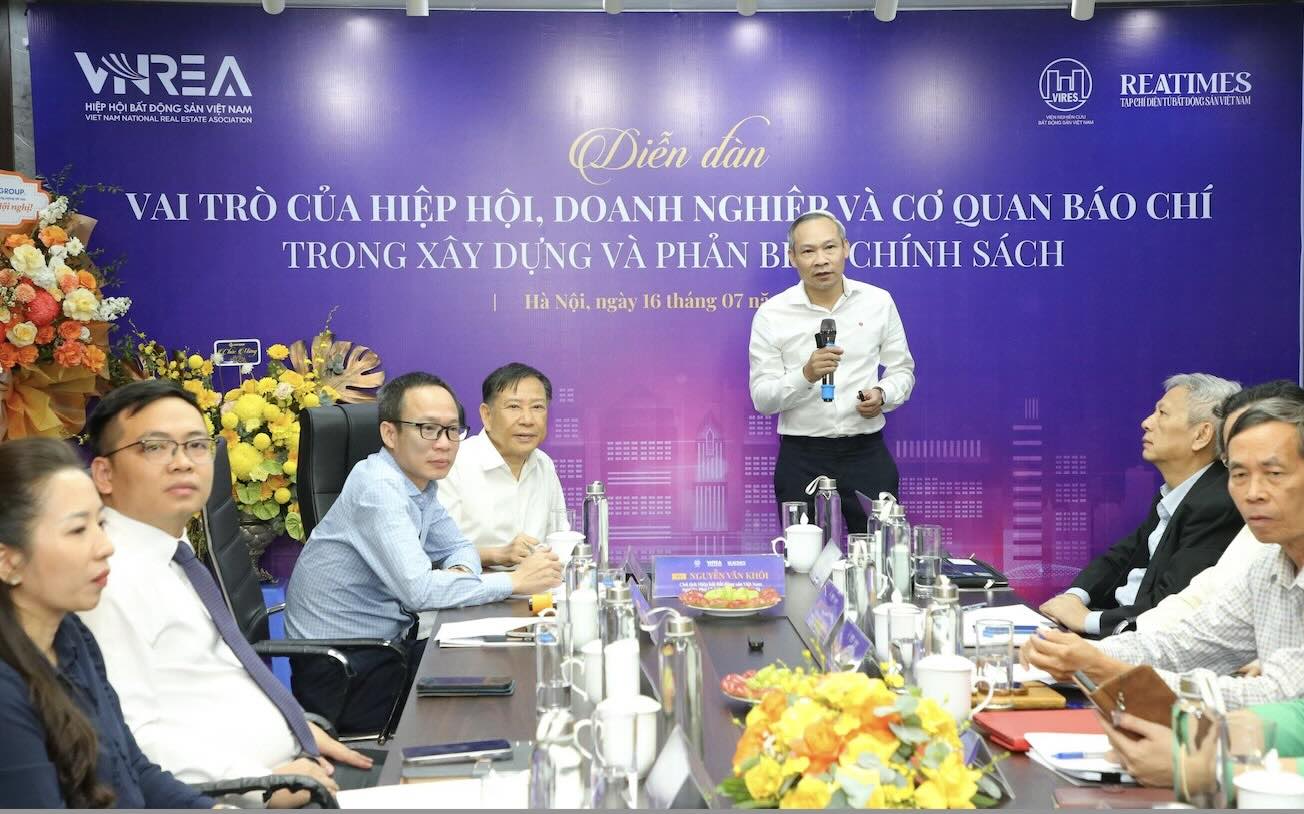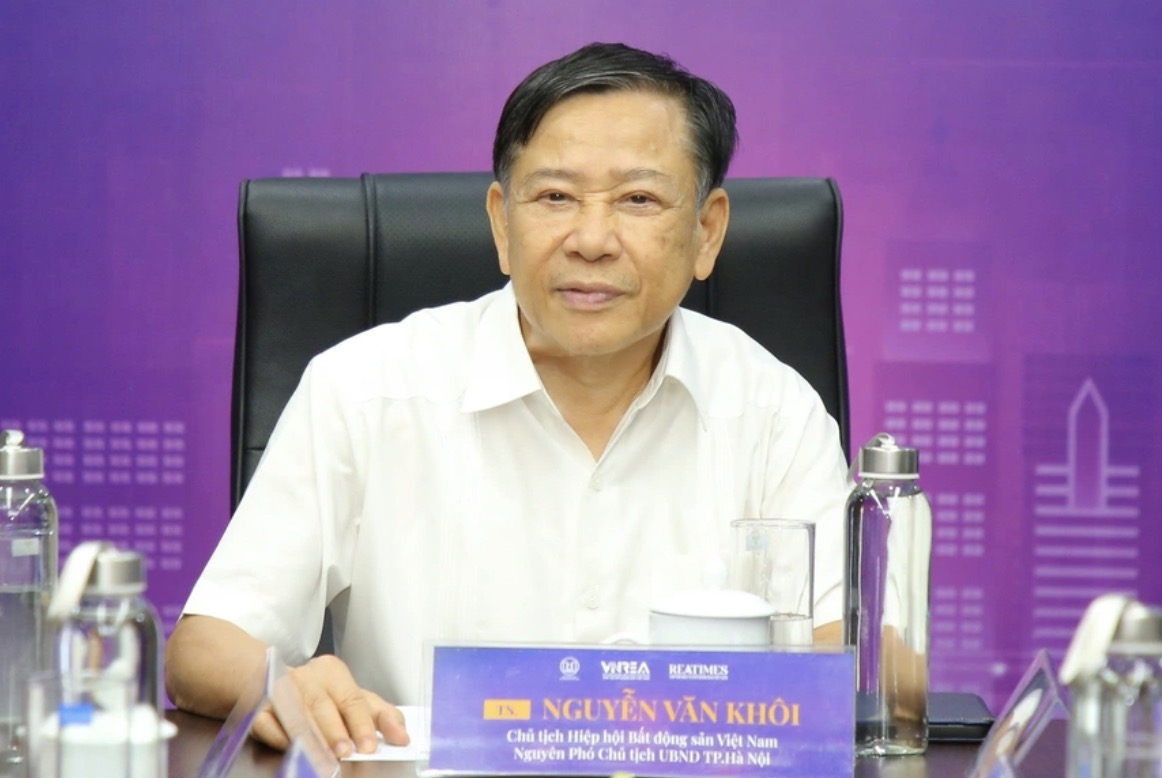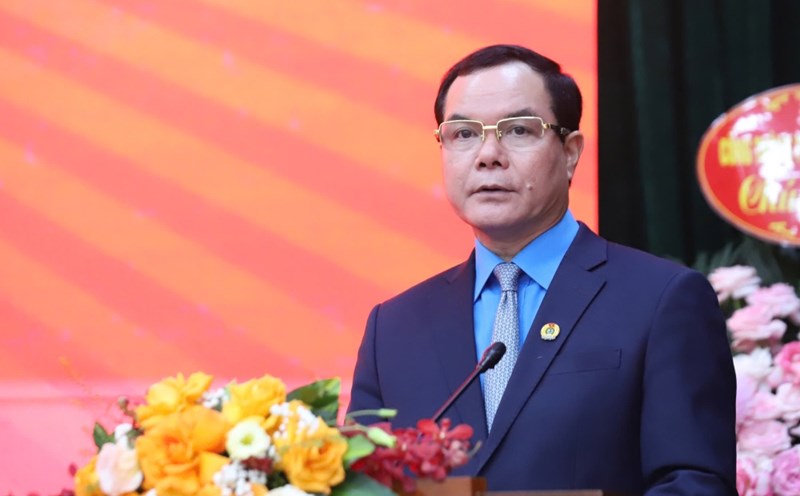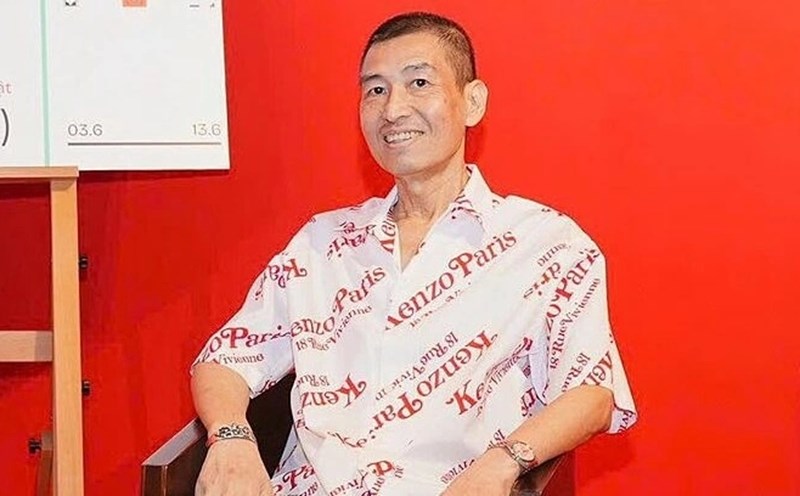Resolution 68-NQ/TW of the Politburo is expected to create a breakthrough for the private economic sector - an important driving force of the economy. However, there is still a gap between the resolution and practice. And to shorten that gap, journalism is expected to be an important driving force.
At the Forum "The role of Associations, Enterprises and Press Agencies in policy making and criticism" on July 16, National Assembly delegate Phan Duc Hieu emphasized: "If the press wants to affirm its role, it cannot just report. We must clearly understand the policy content, reflect key points and monitor implementation to the end.

According to Mr. Hieu, the core spirit of Resolution 68 is not only to cut administrative procedures, but to reduce compliance costs, increase business protection and unlock resources. However, if the press only reflects in the style of "reducing 10 procedures to 7" without analyzing the quality of reform, it will be easy to figure it out.
One of the new points of Resolution 68 is the requirement to prioritize handling of administrative and civil matters in unclear legal cases, instead of legalization. This is something businesses are particularly concerned about, because their biggest concern at present is legal uncertainty. "The press needs to speak up when the legitimate rights of businesses are affected because of inconsistent understanding of the law" - Mr. Hieu said.
In addition, Resolution 68 also proposes many specific solutions to support businesses such as supporting 2% interest rates for green projects, exempting 3 years of corporate income tax for small and medium enterprises, reducing land rent, exempting digital platforms... But for these policies to not stop at documents, the press needs to go deep into each field, each locality, asking the question: Who is benefiting? How has the policy been implemented? Why can't we do it in some places?
Not only policy propaganda, the press needs to monitor the effectiveness of implementation, reflecting both the positive aspects and bottlenecks in the implementation process - Mr. Hieu emphasized.
In the context of legal policies being constantly adjusted and amended, the press also plays an important role in creating a public dialogue forum where experts, businesses and managers can frankly comment and argue. Thereby, contributing to the formation of a transparent and two-way interactive policy culture.

Dr. Nguyen Van Khoi - Chairman of the Vietnam Real Estate Association - also commented that it is necessary to promote legal communication after the law is promulgated. The right dissemination of policies must go hand in hand with pointing out inadequacies in implementation, so that competent authorities can promptly adjust.
From that perspective, it can be seen: Journalism is not left out of the institutional reform process. On the contrary, the press is the force that brings resolutions into life - by honest reflection, in-depth analysis and raising necessary questions so that policies are not forgotten in the drain.











